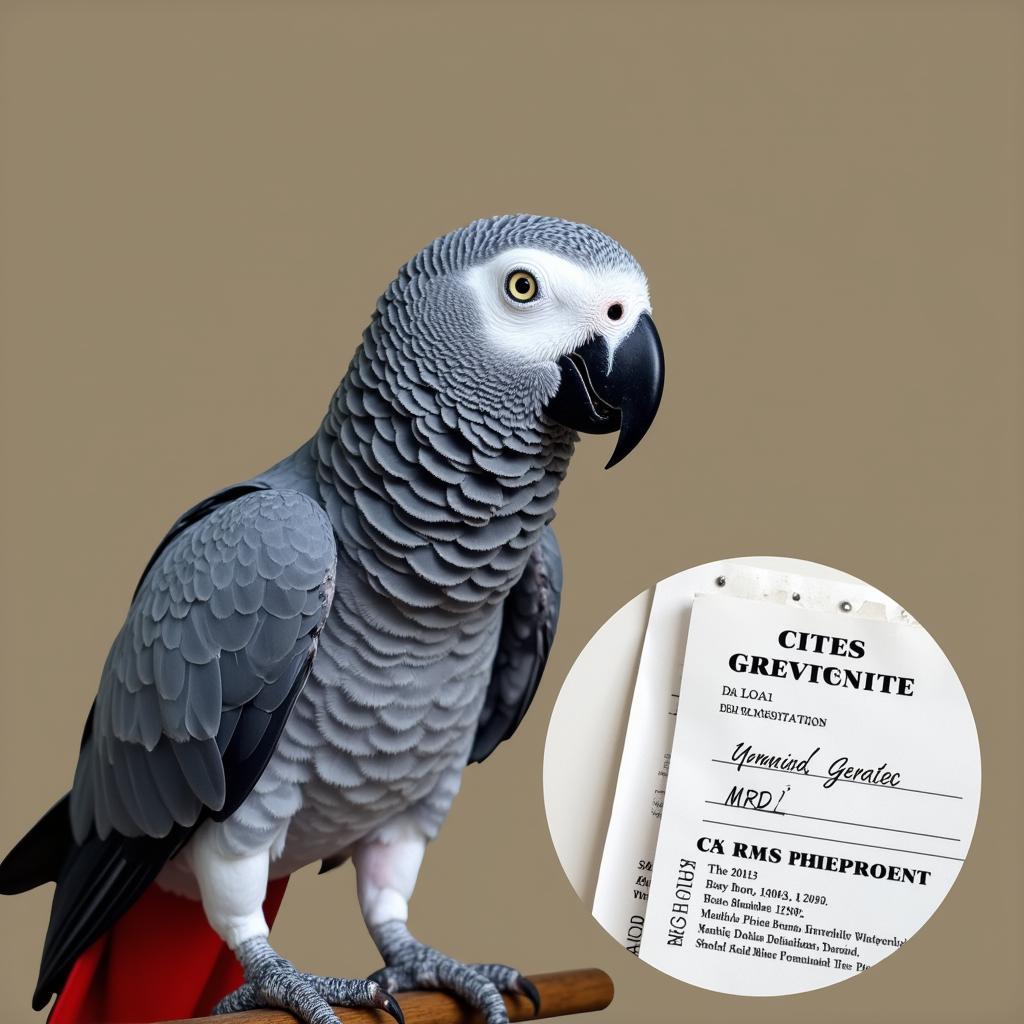Exploring the Rich Tapestry of the African Indian Mix
The fascinating intersection of African and Indian cultures, often referred to as the “African Indian Mix,” has woven a rich tapestry of traditions, stories, and experiences across the globe. This blend of heritage creates a unique identity, shaped by the historical connections and ongoing cultural exchange between the two continents. This article delves into the historical context, cultural nuances, and contemporary expressions of this vibrant mix.
A Historical Journey: Tracing the African Indian Mix
The intertwining of African and Indian histories dates back centuries, primarily through trade routes and, unfortunately, the slave trade. Indian merchants established trade networks along the East African coast, leading to cultural exchange and the development of Swahili, a language heavily influenced by Bantu and Arabic, but also with traces of Persian and Indian languages. Later, during the colonial era, Indian indentured laborers were brought to various parts of Africa, further contributing to the cultural mix. This movement of people resulted in the establishment of significant Indian communities in countries like South Africa, Kenya, Uganda, and Mauritius. Check out more on the African and Indian mix.
The Impact of Colonialism on the African Indian Mix
Colonial rule significantly impacted the dynamics between African and Indian communities. Often, Indians were positioned as a middle class between the European rulers and the African population, leading to complex social hierarchies and inter-community relations. This period shaped the socio-political landscape and continues to influence the identity and experiences of those with mixed African and Indian heritage.
Cultural Expressions: A Fusion of Traditions
The African Indian mix manifests in a vibrant fusion of cultural practices, from cuisine and music to religious beliefs and family traditions. The culinary landscape, for example, showcases this blend with dishes that combine African staples with Indian spices and flavors. Music also reflects the cultural exchange, with genres incorporating rhythms and instruments from both continents.
The Evolution of Identity within the African Indian Mix
Identity formation within the African Indian mix is an ongoing process, shaped by individual experiences and societal perceptions. Many individuals embrace a hybrid identity, acknowledging and celebrating both their African and Indian roots. This multifaceted identity often leads to unique perspectives and a deep appreciation for cultural diversity. Learn more about African Indian mix baby.
Contemporary Narratives: Voices of the African Indian Mix
Today, individuals of mixed African and Indian descent are sharing their stories and perspectives through various platforms, contributing to a richer understanding of this unique cultural blend. These narratives offer valuable insights into the challenges and triumphs of navigating multiple cultural identities in a globalized world. Want to know more about African Indian baby? Click the link to delve deeper.
How has Globalization Impacted the African Indian Mix?
Globalization has facilitated greater connectivity and cultural exchange, creating new opportunities for individuals of mixed heritage to connect with their roots and build communities. This interconnectedness also fosters a deeper understanding and appreciation for the diverse experiences within the African Indian mix.
What are the common challenges faced by people of African Indian descent?
One common challenge is navigating societal expectations and stereotypes associated with both African and Indian identities. Another challenge can be the feeling of not fully belonging to either community, leading to a sense of displacement or a need to constantly define one’s identity.
Dr. Asha Patel, a sociologist specializing in diaspora studies, states, “The African Indian experience is a testament to the resilience and adaptability of human culture. It’s a story of blending traditions, creating new identities, and forging a path forward in a complex world.”
Mr. Kwame Singh, a renowned historian focusing on African and Indian relations, adds, “Understanding the historical context of the African Indian mix is crucial for appreciating the complexities of identity formation and the ongoing dialogue between these two vibrant cultures.”
In conclusion, the African Indian mix represents a vibrant and evolving tapestry of cultures, histories, and identities. From the historical connections forged through trade and migration to the contemporary expressions of this unique blend, the African Indian mix continues to enrich the global cultural landscape. Exploring this fascinating intersection offers valuable insights into the power of cultural exchange and the ongoing evolution of identity in an interconnected world. Have a look at African American street style for more inspiration.
FAQ
- What is the origin of the African Indian mix? The mix originates from historical trade, migration, and colonial influences between Africa and India.
- Where are large African Indian communities found? Significant communities exist in South Africa, Kenya, Uganda, and Mauritius.
- How does the African Indian mix express itself culturally? It’s expressed through a fusion of cuisine, music, religious beliefs, and family traditions.
- What are some challenges faced by individuals of mixed heritage? Challenges include navigating societal expectations and sometimes feeling a lack of full belonging to either community.
- How has globalization impacted the African Indian mix? It has fostered greater connectivity, cultural exchange, and community building among individuals of mixed heritage.
- What does the African Indian mix contribute to the world? It enriches the global cultural landscape and offers insights into the power of cultural exchange.
- How can I learn more about the African Indian mix? Further research and engagement with community organizations can provide deeper understanding.
You might also be interested in African bird food in Tamil.
For any assistance, contact us 24/7: Phone: +255768904061, Email: kaka.mag@gmail.com, or visit us at Mbarali DC Mawindi, Kangaga, Tanzania.

